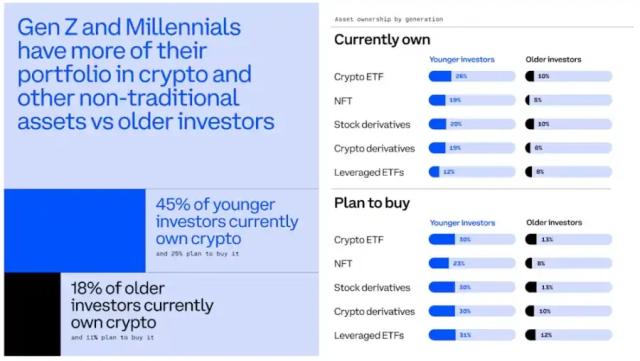Recently, the cryptocurrency market has been the subject of heated discussion, and many investors have begun to focus on a question: "Have we reached the peak?" In a recent market observation, Empire analyst Jason Yanowitz suggested that the "erratic fluctuations" in the current Bitcoin price may be related to the massive purchase actions of Microstrategy (now renamed Strategy), and he believes that the market's bull market cycle may not have ended yet.
Table of Contents
ToggleDoes Strategy affect the price of Bitcoin?
Yanowitz pointed out that Strategy has been continuously purchasing large amounts of Bit in the past few months, with a cumulative investment of over $20 billion to date. He believes that without this financial support, the price of Bit could drop significantly, which may mean that Strategy's buying behavior has made the market cycle of Bit different from the past, and the market may still be in the early stage of the bull market, rather than about to reach its peak.
His view is also supported by Dan Matuszewski, the co-founder of CMS Holdings. Matuszewski believes that the current market still lacks sufficient risk investment capital inflow, and the overall environment is still in a "PvP (player-versus-player)" game mode, which is different from the past bull market cycle. He analyzed:
"The impact of the market in 2021 has not yet fully dissipated, liquidity is limited, and it is difficult to drive large-scale capital inflows, and risk investment is still the key indicator for evaluating the Altcoin market."
Cryptocurrency investor Santiago Santos also expressed a similar view, believing that the market still needs to see more capital inflows, and the current capital is mainly concentrated in a few popular assets, and a comprehensive bull market trend has not yet formed.
Variables in the regulatory environment
In addition to the market discussion on whether the bull market has peaked, the regulatory environment in the United States is also an important factor affecting the development of the market. Recently, the US Congress held a hearing on "Operation Chokepoint 2.0", discussing whether regulatory agencies are deliberately suppressing cryptocurrency companies' access to banking services.
Operation Chokepoint 2.0 refers to the practice of the Federal Deposit Insurance Corporation (FDIC) and other regulatory agencies putting pressure on banks to prevent them from providing financial services to cryptocurrency companies, causing many cryptocurrency companies to have difficulty obtaining bank accounts.
According to the testimony of Coinbase's General Counsel Paul Grewal at the hearing, these actions by the regulatory agencies have caused banks to shy away from cryptocurrency companies, making it difficult for many companies to obtain basic financial services. He said:
"When banks actively seek permission to provide these services, they are either ignored or required to undergo cumbersome reviews until they ultimately give up."
In addition, WSPN USA CEO Austin Campbell also pointed out at the hearing that regulatory agencies choose to suppress the entire industry due to the misconduct of a few cryptocurrency companies (such as the FTX scandal), which is extremely detrimental to the development of the market.
Although there have been some signs of improvement in the US regulatory environment recently, Yanowitz believes that simply replacing the management of the FDIC is not enough to fundamentally change the current situation. The market still needs a clearer and fairer regulatory framework to ensure that the cryptocurrency industry can continue to develop in a legal and compliant environment.
The future direction of the market remains to be observed
Currently, there are still divergent views in the market on whether Bit has reached its peak. On the one hand, Strategy's large-scale buying actions may have supported the price, making the market not yet truly enter the late stage of the bull market; on the other hand, the uncertainty of the regulatory environment may still affect investor confidence.
Regardless of the stage of the market, Yanowitz emphasized that changes in regulatory policies and the dynamics of capital inflows will still be the key factors affecting the cryptocurrency market in the future, and investors should closely monitor market dynamics to cope with potential risks and opportunities.







